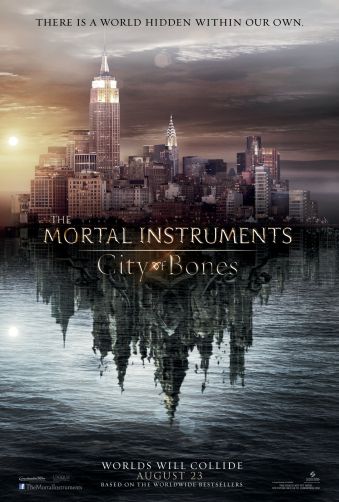Today is a very special day. Today is the day that debut author Natalie Whipple’s book Transparent comes out. Transparent is about a girl with the power to become invisible whose mob boss daddy makes her do crazy stuff – and she wants to escape.
What makes Natalie Whipple so special? Well, as of last summer, I hadn’t written much of anything that wasn’t work-related in about 7 years, since I graduated from college. At first, I wasn’t writing because I was teaching, and teaching in a bad area is an 80-hour-a-week job. Later, I wasn’t writing because I had gotten out of the habit. Last summer, I ran across Natalie Whipple’s blog, and I realized how much I really missed writing. She inspired me to write again (Side note: I’ve been following her blog since last summer, but I don’t comment on it frequently because of how often the Captcha ate my comments in the past. Boo Captcha). Although my current work in progress is far from finished, it is thousands of words more than it might have been if I hadn’t been re-energized by Natalie’s blog.
How can we help debut authors like Natalie Whipple? And why do we want to?
Spread the word. Tell your friends, ask for it at the library, post about it on Facebook/Twitter/Tumblr/etc., or even blog about it.
Buy the book within the first 3 months it comes out. This seems obvious, but it’s worth repeating: if it’s an author you really want to support, actually buy the book. The first 3 months are when publishers are watching. Pre-order it or buy it in the store. And then write the review afterwards. Remember that buying it in a brick and mortar store does more for the author than buying it online. If you buy the book in a store, that store is more likely to stock an additional copy or two – and shelf space is at a premium. Shelf space is free advertising for books that they don’t get elsewhere.
Why should we support these hard working authors? We should support them because good books need a leg up. There is only a certain amount of publicity budget available at publishing houses these days (and even less budget available for many self-published and indie authors), and mid-list authors with great books can benefit from a few extra recommendations ever so much. Getting the word out about authors and books we love is paying it forward. Every single mention counts. I’ve heard John Green got to where he is because his books spread virally before he made it big.
But, you say, there are so many! Well, just pick a couple you’re excited about and spread the word. Here’s a few sites to encourage your imagination:
- The Lucky 13s: the Blog for Children’s and YA Authors Debuting in 2013
- One Four Kid Lit: Children’s and YA Authors Debuting in 2014
- Goodreads List: 2013 YA & Middle Grade Debut Authors
What other advice would you add about supporting debut authors and their ever-so-fabulous debut novels? Where else have you seen debut author listings online?
Related:


